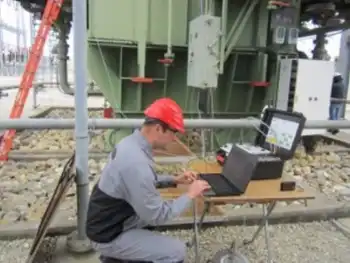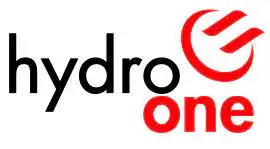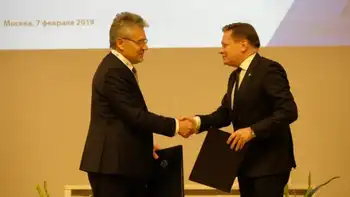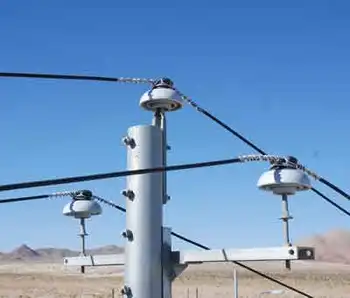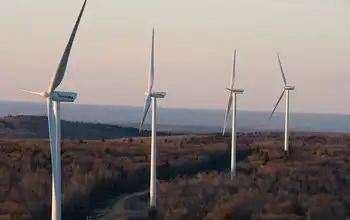UAEÂ’s hydrogen, CCS project ready in 2014
By Reuters
Substation Relay Protection Training
Our customized live online or in‑person group training can be delivered to your staff at your location.

- Live Online
- 12 hours Instructor-led
- Group Training Available
The $2.2 billion Hydrogen Power project could be the world's first large-scale CCS project, in a race with a clutch of projects around the world. It is a joint venture between the United Arab Emirate's renewable energy initiative Masdar and oil major BP.
"We are fully committed to this and we are still negotiating commercial terms and agreements," said Katrina Landis, BP's head of alternative energy. "There is no change in the schedule and the cost for the plant."
The plant would split natural gas into hydrogen and the greenhouse gas carbon dioxide (CO2). The hydrogen would fire a 500 megawatt power plant, while the CO2 would be injected into oilfields. The plant itself would consume around 100 MW, leaving 400 MW to be sold into the UAE's power grid.
The injection of the gas under an oilfield would at the same time store the greenhouse gas and help boost oil output by maintaining underground pressure.
Preliminary engineering and design was completed by Foster Wheeler last year, David Binnie, general manager of Hydrogen Power, told Reuters.
Hydrogen Power expected to tender engineering and construction contracts and look for finance this year, Binnie said.
The financing for the project would be a combination of debt and equity.
"We are looking at commercial bank financing for the debt portion," he said without elaborating.
The project could be the first of its type - separating carbon dioxide before combustion, producing power with low carbon emissions, and capturing carbon, Binnie said.
Some 1.7 million tonnes of carbon dioxide would be captured per year.
Natural gas for the project would be supplied by state firm Abu Dhabi National Oil Company (ADNOC). The power generated would be sold to the state-run Abu Dhabi Water and Electricity Authority (Adwea), he said.
Hydrogen Power would also have a small-scale desalination plant for the firm's own use, he said.
Abu Dhabi's Masdar owns 60 percent of the Hydrogen Power project, while BP owns 40 percent. Rio Tinto sold a 20 percent share in the project to BP in December.
The plant would be located in Shuweihat on the outskirts of Abu Dhabi, capital of the UAE.
Abu Dhabi is the world's third-largest oil exporter. Masdar is a government-funded initiative that aims to prepare the UAE for a future beyond oil.





